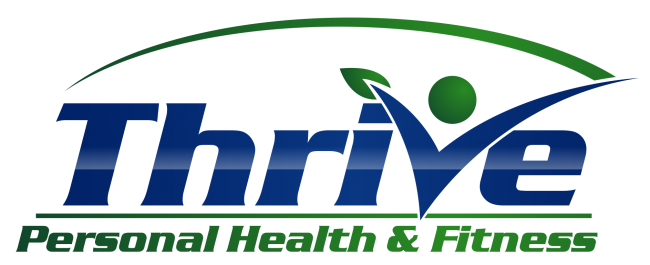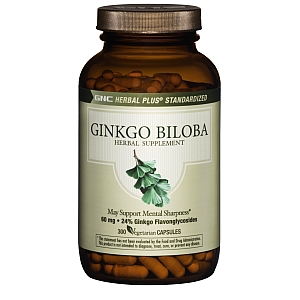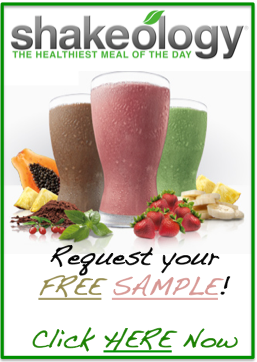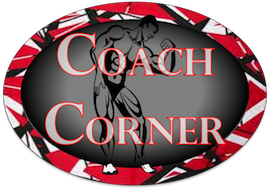Ginkgo Biloba
May 17, 2011 –
Ginkgo Biloba was unknown to me before I read Tony Horton’s book, “Bring It!”. This supplement is not as high on the list as others I have recently talked about, but it is one of the most researched herbs out there. I have tried it over the last few months and wanted to give everyone a quick rundown.
What is Ginkgo Biloba and where can it found in nature?
Ginkgo Biloba comes from the Ginkgo tree which is one of the oldest living tree species. The Ginkgo tree has been around for 150-200 million years. It has been used by the Chinese for thousands of years and came over to Europe in the 1700s.
– Ginkgo Biloba improves circulation which increasing the flow of blood and nutrients to the brain. Good blood circulation is a critical element of good health.
– Helps control Allergic Inflammation and Asthma
– Acts as a Powerful Antioxidant
– Helps kill free radicals which contribute to aging.
– Positive Effect on Brain Functioning, including enhancing memory, mental alertness, and reducing mental fatigue and lack of energy
– Works as a brain enhancer, which benefits those who suffer from Alzheimer’s Disease
– Increases metabolism efficiency, regulates neurotransmitters, and boosts oxygen levels in the brain which uses 20% of the body’s oxygen
What are the side effects?
Those with the following conditions should consult a physician before taking this supplement:
– Blood circulation disorders
– Taking anti-coagulants, such as aspirin
– Pregnant
– Taking certain anti-depressants
The most common side effects are gastrointestinal discomfort or headaches.
Should I supplement? What dosage?
Effective dosages range from 120 – 160mg daily divided through the day. Personally, I take a 60mg capsule in the morning and another 60mg capsule in the afternoon. Many middle-aged and older people gravitate towards this herbal supplement given that blood flow to the brain diminished with age.
There have been many studies on Ginkgo Biloba. Two almost simultaneous studies in 2002 concluded with very different findings. One was done with people older than 60 and claimed there was no measurable benefit in memory or related cognitive function to adults with healthy cognitive function. The other study concluded that there was ample evidence to support the potential efficacy of Ginkgo Biloba in enhancing certain neuropsychological / memory processes of cognitive intact older adults, 60 years of age or older.
So make of it what you will. There is not a supplement, food, or frankly anything you put in your mouth that does not have controversy around it. It is relatively inexpensive and the possible side effects are minimal so trying it out is fairly low risk. As always, if you have any concerns or questions, consult your physician.























